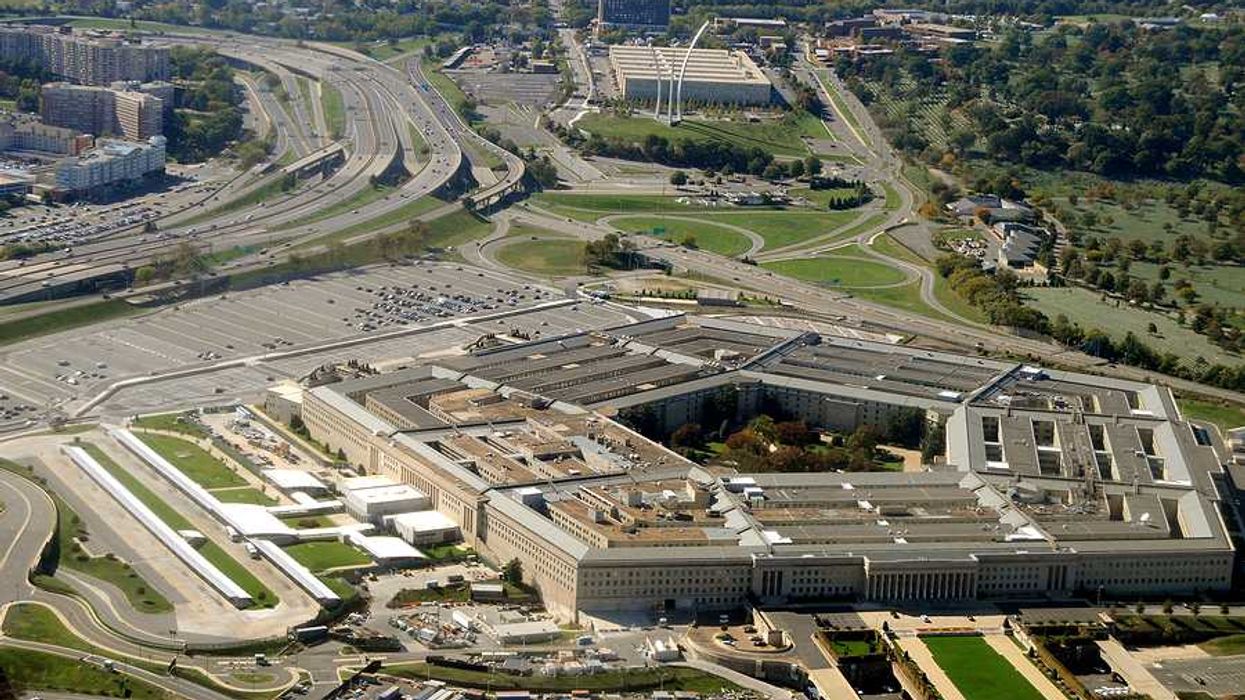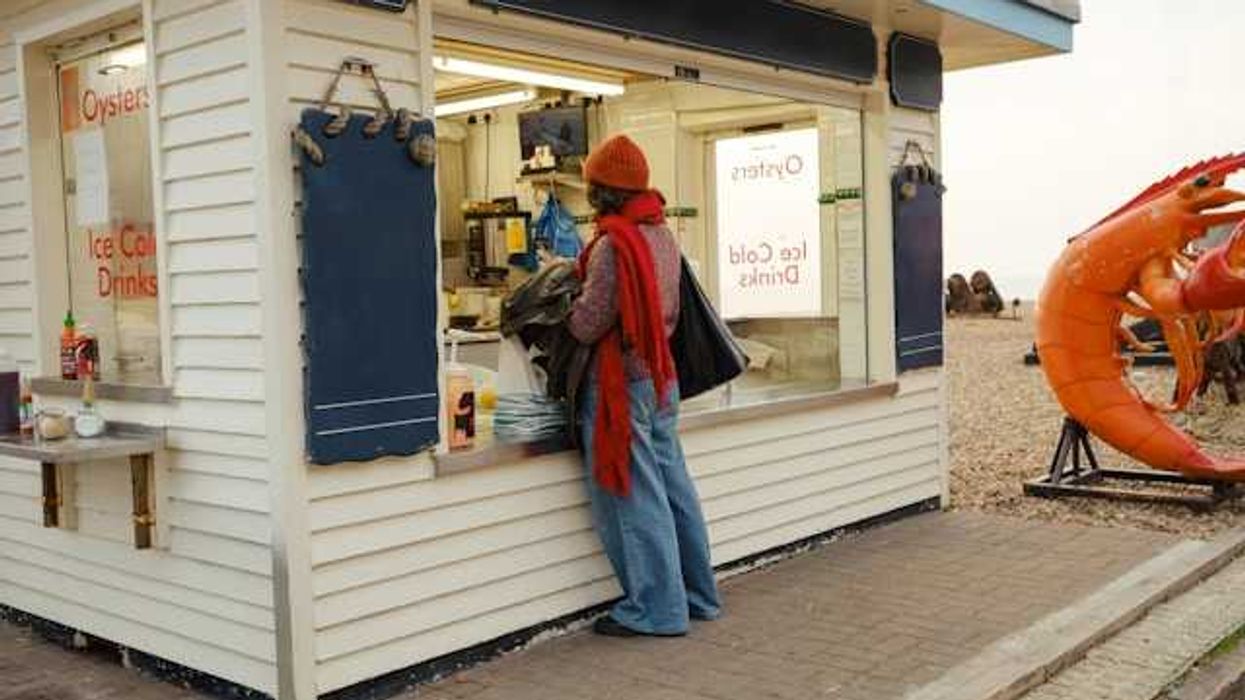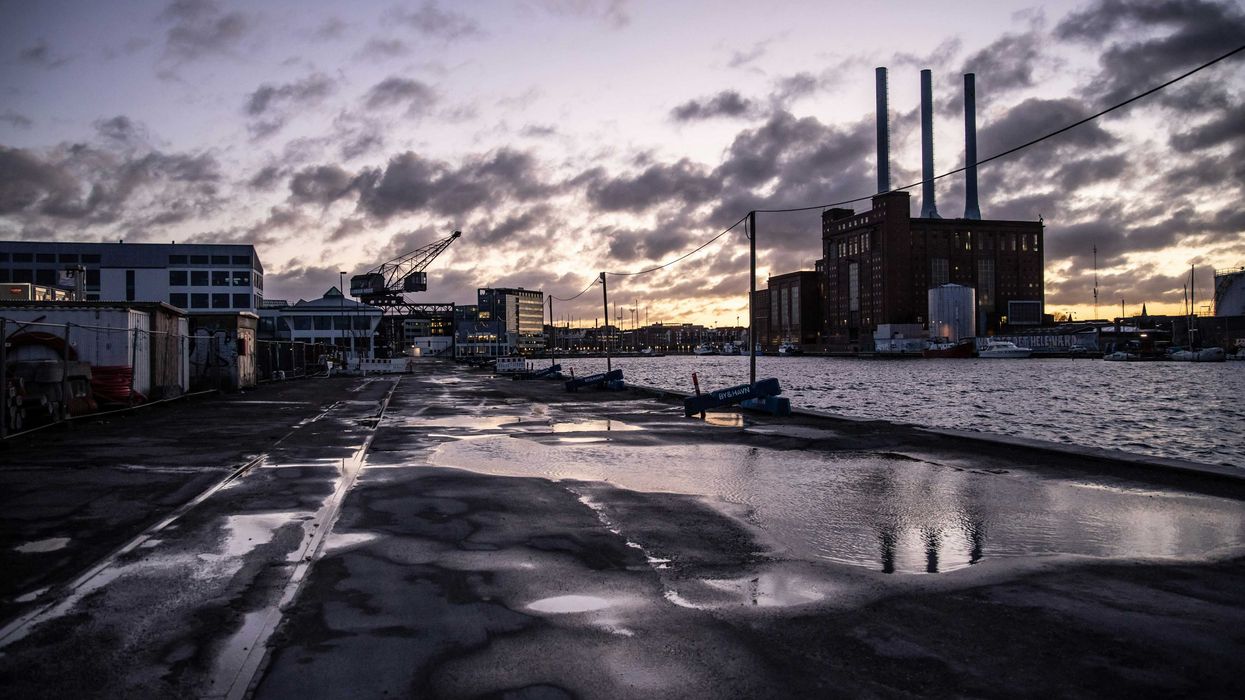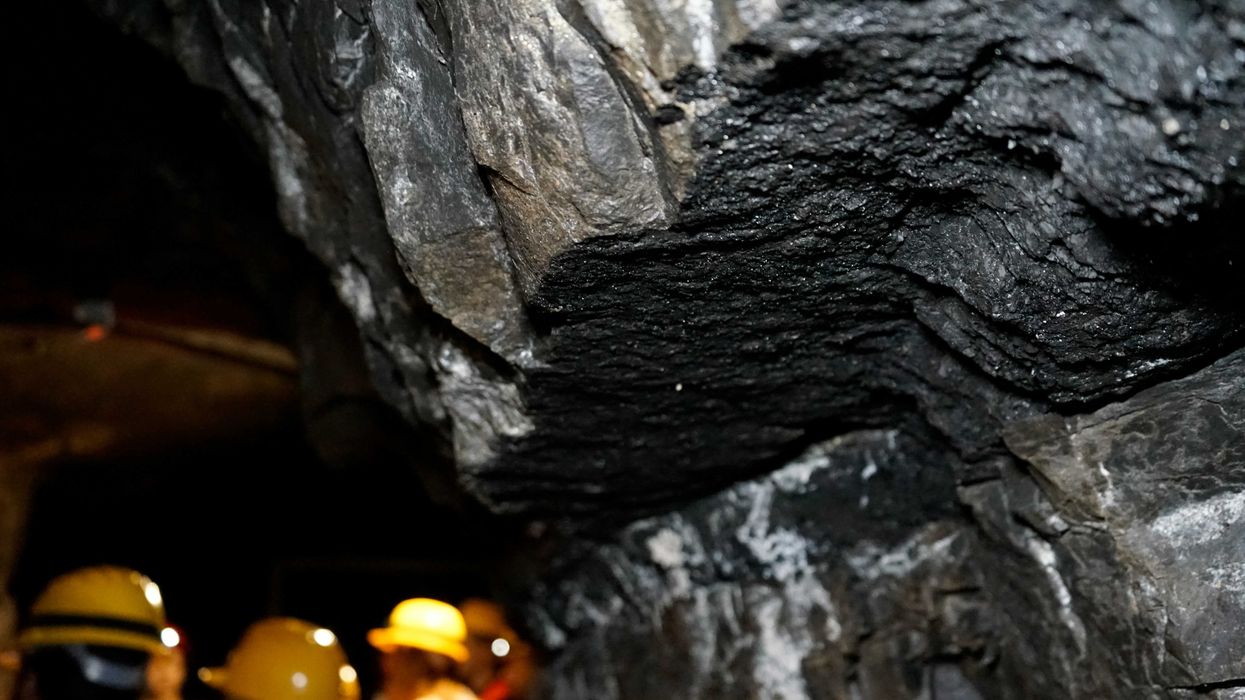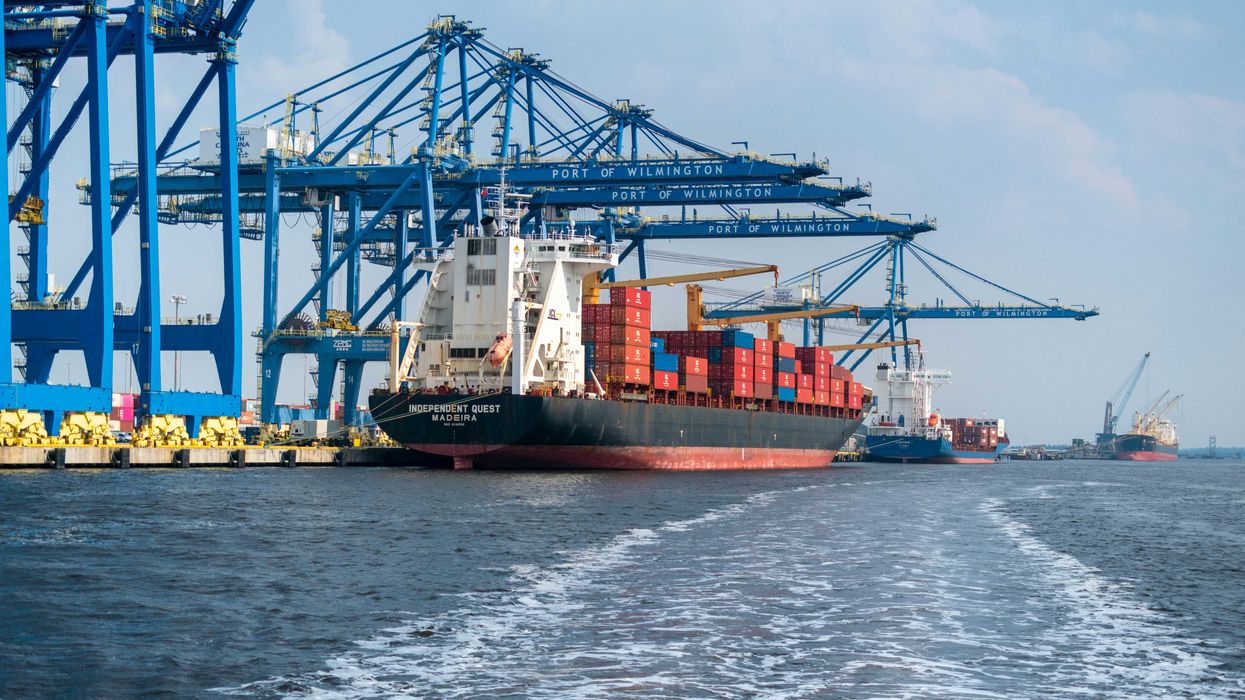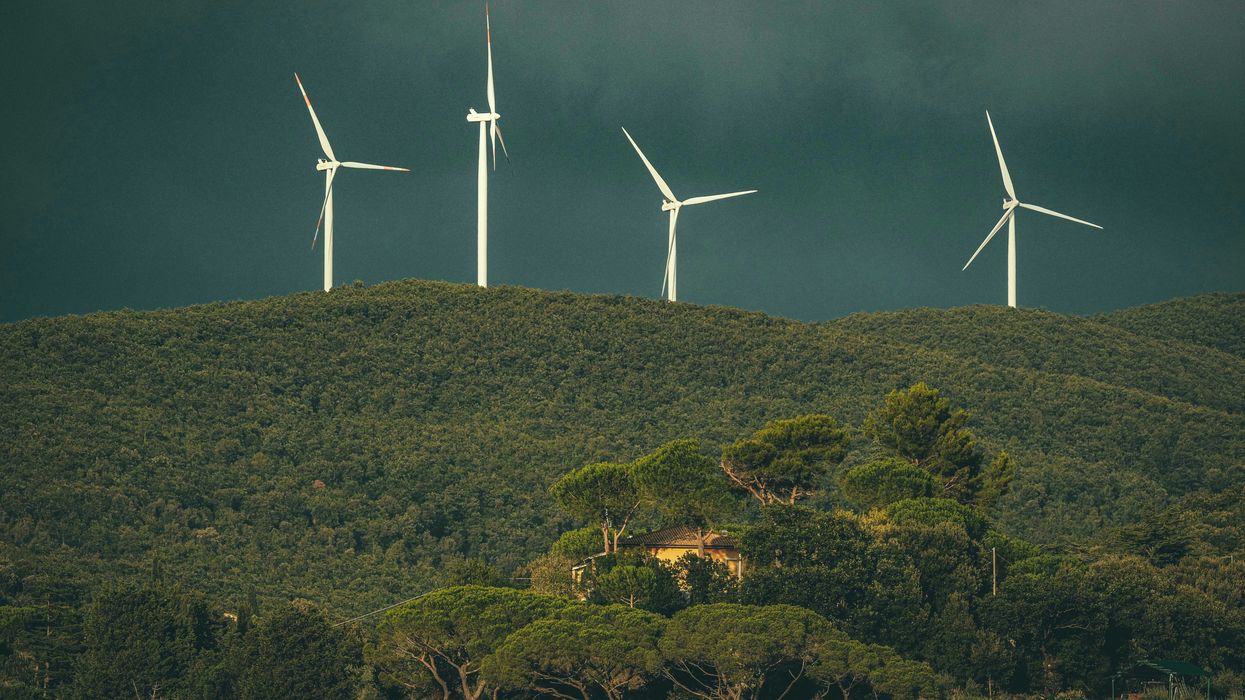Saqib Rahim writes for Grist that a UN plan to save the decaying FSO Safer and avert a spill four times larger than the Exxon Valdez is "only half a solution, but it’s better than nothing."
In a nutshell:
Since 2019, the United Nations has warned that the abandoned vessel Safer, which holds a million gallons of crude oil, could release its polluting cargo at any time, and that it is vulnerable to terrorist attacks. A massive release of oil could pollute the Red Sea for decades, even centuries, Rahim reports. But the war in Yemen prevented any action to secure the tanker, which is owned by the Yemeni national petroleum company SEPOC, until May. That's when a UN crew was permitted to board for the initial steps of an emergency operation, which finally appears to be getting under way.
Key quote:
“It is an operation for which there are no absolute safety nets. Let’s be very clear,” Achim Steiner, administrator of the United Nations Development Programme, said in May.
Big picture:
A spill from the Safer would create massive ecological and economic damage, from upending the livelihood of millions of fishers in the region, to the destruction of marine and aquatic ecosystems, to the release of toxic pollution into the air and water. It shows the vulnerability of the industry in conflict zones, and the dismissive attitude of politicians toward the environment, particularly during times of war. Stay tuned for updates.



